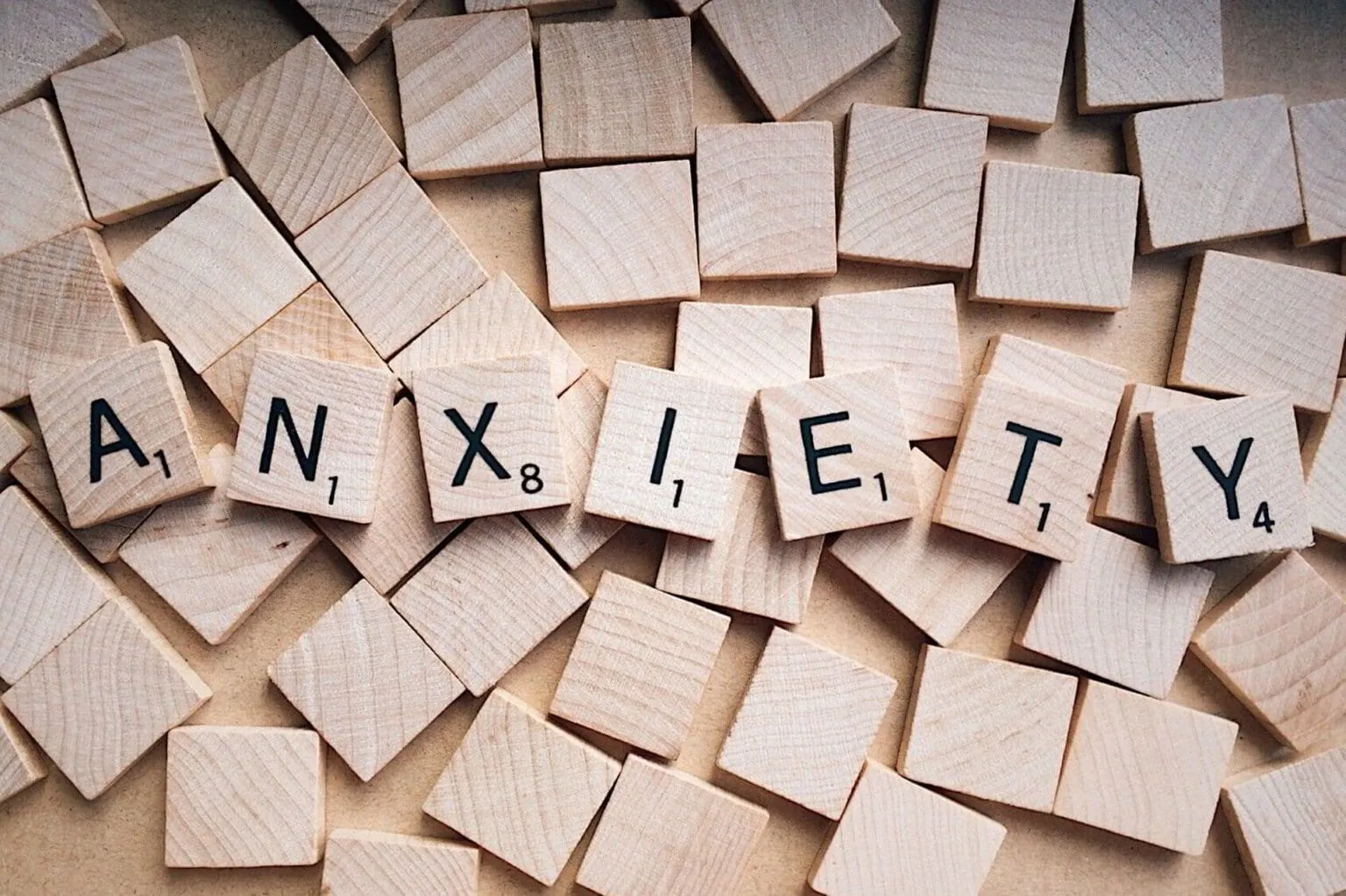Anxiety
Anxiety is a common term used to describe feeling worried, nervous, uneasy, or scared. Anxiety symptoms often arise in response to an upcoming event that has an uncertain outcome, making it fear-based. Many people experience social anxiety or generalized anxiety disorder at one time or another, as it's part of our brain's response to a perceived danger— even if that danger isn't real.
When anxiety builds over time without being managed, it can turn into something more serious, such as anxiety disorder. People may then experience an anxiety or panic attack, which feels more unmanageable and scarier. Dealing with anxiety is crucial, and anxiety counseling can provide valuable support for those facing this challenge.
It's worth noting that anxiety can also be something a person experiences when in withdrawal from alcohol or drugs, based on how the substance interacts with brain function. If you're struggling with social anxiety, anxiety symptoms, or anxiety disorder, seeking professional help and learning effective coping strategies is essential.
Dealing with anxiety
Consider abstinence from alcohol, caffeine and other mood altering substances for a minimum of 90 days
Regular use of any mood altering substance can aggravate feelings of anxiety as the brain swings from periods of intoxication to withdrawal. Abstinence allows your brain to come back to a state of balance which helps level out feelings.
Go for a 15-minute walk or do 15 minutes of relaxing exercise
Sometimes, the best way to stop anxious thoughts is to walk away from the situation. Taking some time to focus on your body and not your mind can help relieve your anxiety.
Question your thought pattern
Writing down your feelings will help you identify patterns in your life that triggers you feeling depressed. Ask yourself, “how” or “what” am I feeling now? Are you tired, angry, bored, overwhelmed? Getting your feelings out will help dissipate the impact as you allow yourself to feel the feelings rather than try to avoid them.
Writing it down
Writing down your feelings will help you identify patterns in your life that triggers you feeling depressed. Ask yourself, “how” or “what” am I feeling now? Are you tired, angry, bored, overwhelmed? Getting your feelings out will help dissipate the impact as you allow yourself to feel the feelings rather than try to avoid them.
Do a daily or routine meditation
Meditation helps your train your brain to slow down and let go of anxious thoughts when they arise. If sitting still and meditating is challenging, try starting with guided meditation or yoga.
Practice focused, deep breathing
When in the midst of feeling anxious, Try breathing in for 4 counts and breathing out for 4 counts for a total of 5 minutes. This helps to slow your heart rate as well as increase oxygen to your brain so you can think more clearly.
Keep your body and mind healthy
Exercising regularly, eating balanced meals, getting enough sleep, and staying connected to people who care about you are great ways to reduce anxiety symptoms.
Identify and learn to manage your triggers
You can identify triggers on your own or with a therapist. Sometimes they can be obvious, like caffeine, drinking alcohol, or smoking. Other times they can be less obvious. Long-term problems may be harder to figure out and its beneficial to get help from a professional. What are the people, places or things that are triggering your anxiety so you can then get to the root of the issue?
Still unsure of how to deal with your anxiety? Contact our office for a comprehensive assessment 403-536-2480.

